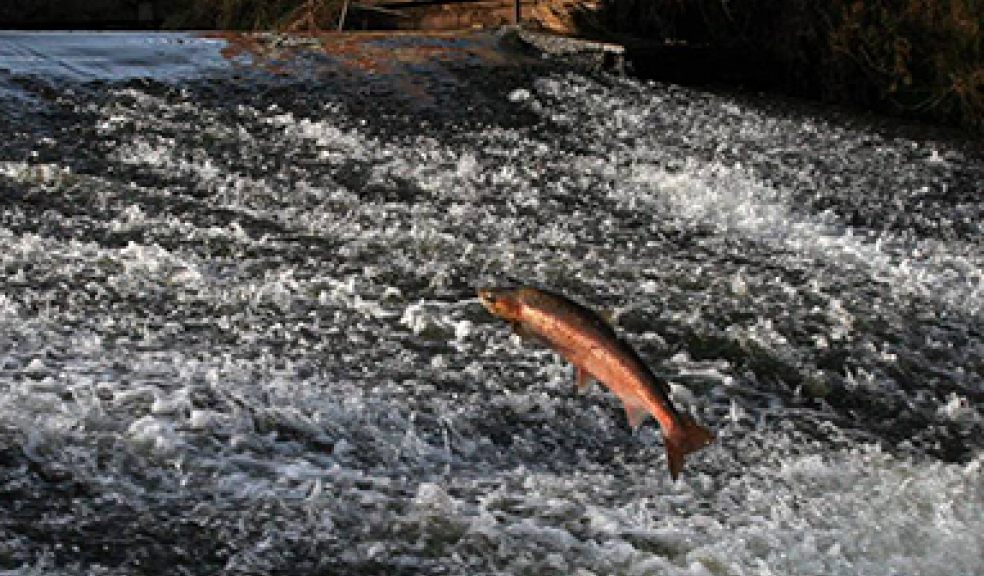
Exeter Impact Awards Focus: Iconic Fisheries
Led by Dr Jamie Stevens with support form Project partners: Westcountry Rivers Trust, Environment Agency, Game and Wildlife Conservation Trust, and the Atlantic Salmon Trust this project is working to conserve the South West’s iconic fish.
Salmon and trout are a valuable leisure resource in southwest England and their presence is also recognised as an indicator of good water quality.
The partnership has generated seven PhD studentships and attracted around €10M of EU funding to explore genetic variability in populations of salmon and trout across southwest Britain; findings have been used to guide management and conservation of these iconic fish, and have been instrumental in placing genetic methods at the heart of fisheries management across the region.
Salmon and trout are a valuable leisure resource in southwest England and income –both direct and diffuse– from fisheries plays a part in many rural economies of the region, e.g. Exmoor/Exe valley, Dartmoor and the Tamar valley.
The presence of these fish has also long been recognised informally as an indicator of good water quality, a role formalised in 2012 with the introduction of the Water Framework Directive. Indeed, salmon and sea trout have long benefited from extensive, protective legislation.
Despite this, their numbers have been in steep decline across much of their range since the mid-1970s. Thus, a major goal of freshwater fisheries conservation is assuring the long-term sustainability of salmon and trout, both as indicators of water quality and as a resource for managed exploitation.
In addition, new research by Dr Stevens’ team at Exeter has demonstrated that the salmon of southern England are amongst the most genetically diverse to be found anywhere across the species range. Thus, the salmon of our region represent a unique component of the overall biodiversity of the species worldwide.
Significantly, the partnership has proven successful in applying its research findings to the conservation and practical management of these fish, and in demystifying the role of genetic tools, such that they have become mainstream in fisheries management; the Exeter team now work routinely with the partners to undertake genetic analysis of salmonid populations before actioning practical management.
The research now informs fisheries management across Britain, but continues to have particular impact on salmon and trout conservation in southwest England.



















